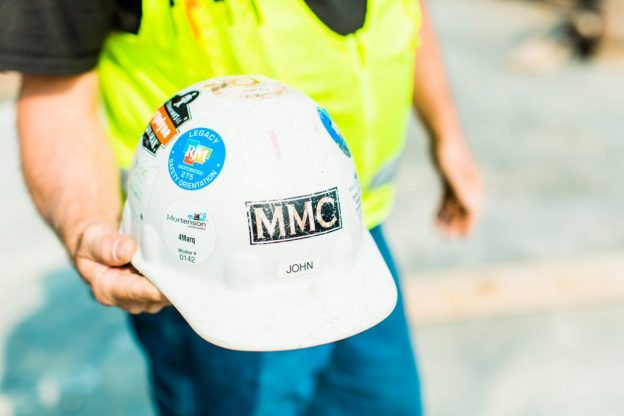The Critical Role of Construction Foremen

Many skilled and experienced construction foremen are retiring along with the many other Baby Boomers retiring across all industries. This means construction leadership roles will need to be filled by younger generations of employees. The role of foreman or superintendent is a demanding and challenging one but it’s also extremely rewarding to run a job. In addition, the role of foreman means higher pay and in some cases even added perks like a company truck or phone.
What do construction foremen do?
Foremen are responsible for managing the field team on a project. They are the middle man between the crew and upper management. Foremen work to coordinate and manage their trade effectively. The foreman role involves planning ahead, working within tight deadlines and budgets, and ensuring the crew is executing the work to a high standard of quality. In addition, the foreman must make sure their crew is working safely. As a result of the high expectations and required skill-set, good construction foreman can be hard to come by. For that reason, many contractors are working on training and developing apprentices and journeymen who are interested in the role.
What it takes to be successful
As the central leader on the project, the role of construction foremen is a critical one. In order for construction foremen to be successful, they need a specific set of skills. Here’s a look at just three of those skills:
- Excellent Communicator. Communication is crucial for a construction project to be successful. It will be the foreman’s responsibility to communicate across all team members on a regular basis. The best foremen will take the time to get to know their crews. This builds trust and encourages a team mentality. In addition, by getting know their crew members, foreman can better identify individual strengths and weaknesses on the team.
- Proactive Approach. The best foremen are proactive, not reactive. They’re always thinking ahead and planning for the next thing. Being proactive allows them to properly schedule labor, minimize unnecessary costs, and keep the project on track. A big part of being proactive as a construction foreman is being able to make decisions. Foremen have the experience and expertise to make good decisions on the job. They need to have the confidence in their craft and a willingness to lead and make decisions confidently.
- Personal Accountability. Good foremen take responsibility for the project outcome. They don’t waste time making excuses or placing blame on others when things go wrong. The best foremen hold themselves accountable and take pride in their work. They are committed to doing excellent work and they prioritize safety.






